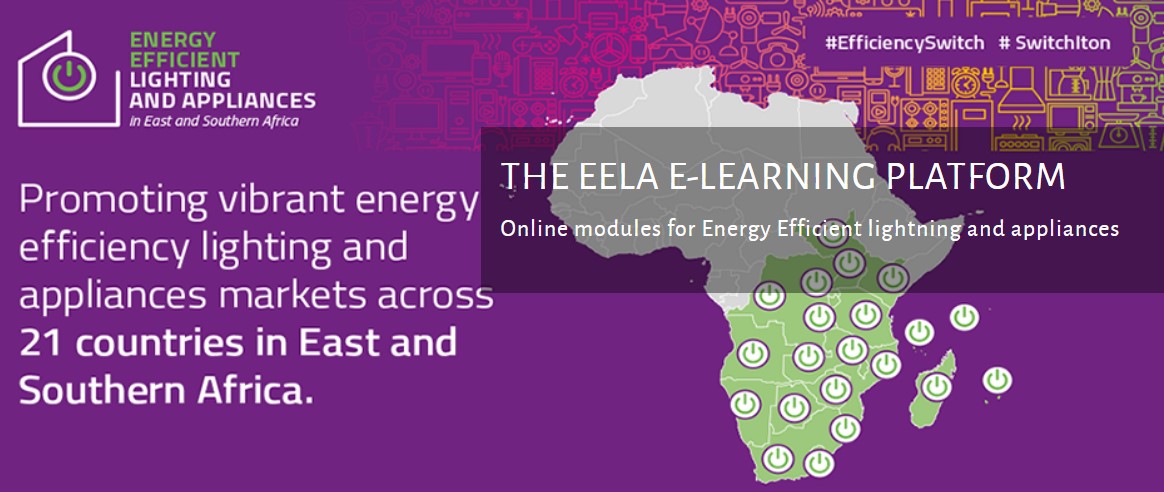Objectives and Mandate
EACREEE's goal is to facilitate creation of an enabling environment for renewable energy and energy efficiency markets and investments, in order to contribute to:
- increased access of modern, affordable and reliable energy services
- energy security
- mitigation of negative effects (e.g. local pollution and GHG emissions)
The EACREEE plays a key role in promoting renewable energies and energy efficiency in the East African Community (EAC) region. Through its activities in the areas of policy, capacity development, knowledge management, and awareness raising, as well as business and investment promotion, EACREEE aims to create an enabling environment by mitigating existing barriers and in promoting a competitive sustainable energy market, as well as economies of scale in the EAC region. EACREEE will continue to execute regional projects programmes and activities in the above areas and in addition showing leadership in the coordination and harmonization of donor activities and acting as a regional hub for the SE4ALL initiative.
Scope and Mandate of the EACREEE
EACREEE has been mandated by the EAC Council of Ministers to promote renewable energies and energy efficiency in the EAC region.
The geographic scope of intervention of the Centre is defined in the following:
- The Centre supports and executes RE&EE activities and projects which cover one or more EAC countries (Republics of Burundi, Kenya, Rwanda, South Sudan, Uganda and the United Republic of Tanzania, Democratic Republic of Congo and Federal Republic of Somalia).
- The Centre focuses primarily on activities and projects with regional impact or national projects which demonstrate high potential for scaling-up or regional replication.
- The Centre works in urban as well as periurban and rural areas. Due to the high relevance of decentralized RE&EE technologies and services for rural areas the Centre will run a special rural energy program (e.g. cooking, rural electrification).
The Centre promotes the following sustainable energy solutions:
- All appropriate and sustainable renewable energy and energy efficiency technologies, including also partly renewable energy based hybrid systems and mini-grids.
- Small-scale and medium-scale hydro power projects
- Biofuel projects which prove to be sustainable. In this context, EACREEE considers 2nd generation biofuels not competing with food crops for available land, complying with the following minimum criteria: lifecycle GHG reductions, including direct and indirect emissions, land use change, local added value, ecological and social standards.
- Liquid Petroleum Gas (LPG) cooking projects are eligible due to their high relevance for low-income population groups.
Alignment with regional and international policies and strategies
EACREEE activities will contribute to:
- the growth of the current levels of investment in sustainable energy services across the EAC Partner States
- the objectives of the UN Sustainable Energy for All Initiative (SE4ALL) and the SDGs. The initiative aims at the achievement of three interlinked targets by 2030:
- universal access to modern, affordable and reliable energy services;
- doubling the rate of improvement in energy efficiency;
- doubling the share of renewable energy in the global energy mix.
- complementing the EAPP Master Plan Scenario, which aims to increase the regional electric generation capacity and interconnections in the ten EAPP countries by 2025.
- the targets of the Regional Strategy on Scaling-up Access to Modern Energy Services in the East African Community by 2015:
- access to modern cooking facilities;
- universal access to electricity services for all urban and periurban poor;
- access to modern energy services to all schools, clinics, hospitals and community centres;
- access to mechanical power for heating and productive uses for all communities.






